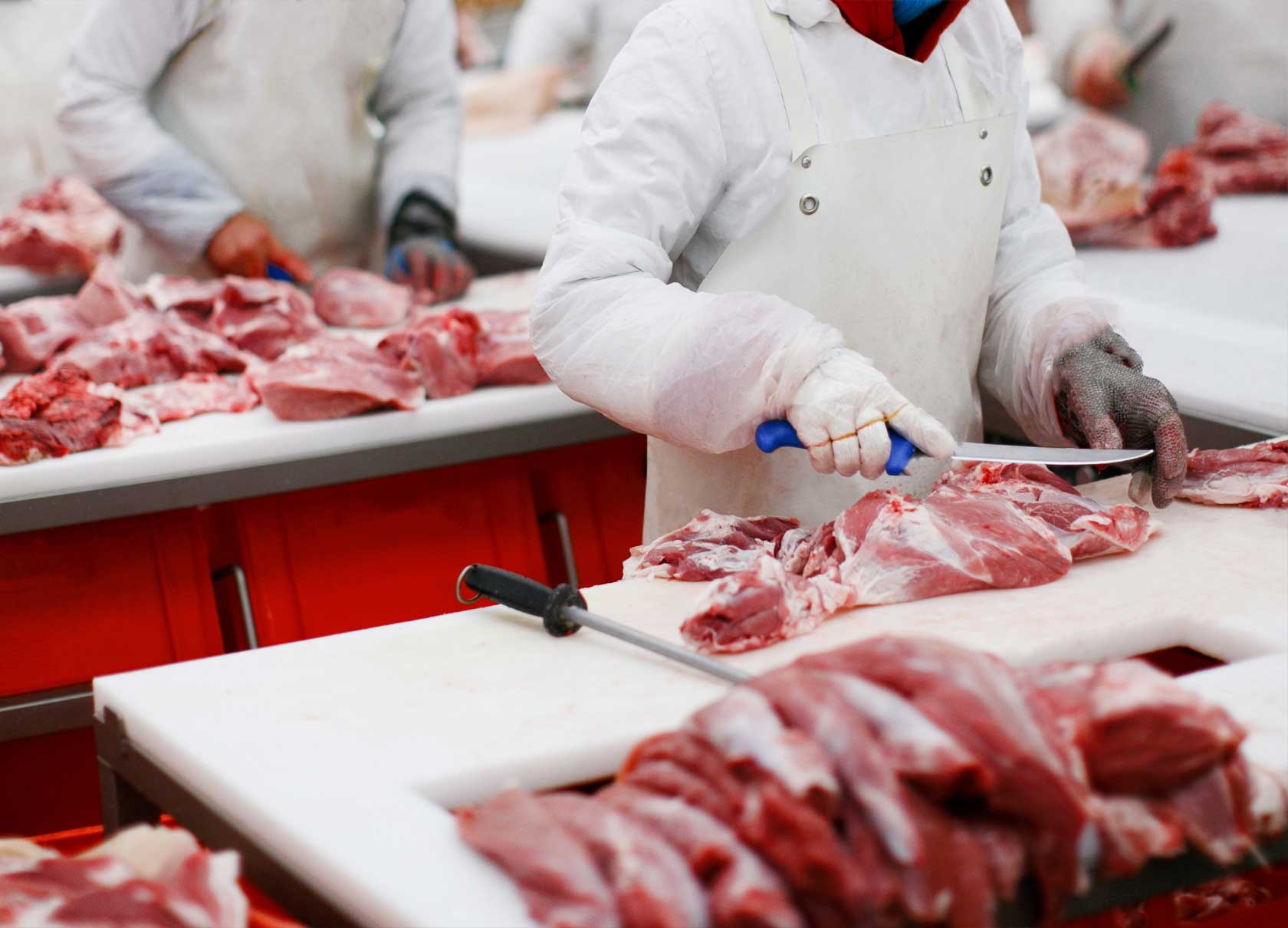
Just like George Eustice, the British Meat Processors Association is concerned that the Government’s new immigration rules will restrict access for migrants to fill critical labour shortages whilst liberalising access where no vacancies exist.
The Government is in danger of imposing blanket rules to achieve arbitrary migration targets without considering the very different labour requirements and challenges of different industries.
Using an average salary threshold figure of £38,700 fails to take into account that the average is made up of both higher and lower salaries; and it’s often in the lower bracket that worker shortages are most acute.
If companies have to start paying migrant workers more than the ‘going rate’ for a particular job simply to achieve the threshold and fill a vacancy, this will very quickly spark wage inflation across many industries as existing UK workers demand the same salary. In the case of the food industry, this will fuel more food price inflation.
We agree that allowing migrant workers to be paid 20% less than the ‘going rate’ for a job is unfair, but raising the overall salary threshold for immigration isn’t the way to tackle this issue. Nor will it fix the problem of not enough British citizens being willing, available or able to fill these vacancies.
Also, if the Government restricts the number of migrants that can come to the UK to fill the job vacancies that can’t be filled with British candidates, there will be an inevitable pressure on all sectors as they compete in a pool of workers that is simply not big enough to support a growing economy. In this scenario, it won’t be just private companies that struggle to recruit, but taxpayer-funded services will also suffer from worker shortages and higher costs.
BMPA supports the sector-by-sector and job-by-job approach to assessing workforce needs recently advocated by Professor Brian Bell, chair of the Migration Advisory Committee. He describes a much more granular approach to identifying the industries and roles where the labour shortage is most acute. It makes much more sense for our industry where the current blanket approach isn’t working. This is because each plant can experience labour shortages for very different and localised reasons.
We are the UKs largest trade body for the meat industry and provide expert advice on trade issues, bespoke technical advice and access to government policy makers
We are proud to count businesses of all sizes and specialties as members. They range from small, family run abattoirs serving local customers to the largest meat processing companies responsible for supplying some of our best-loved brands to shops and supermarkets.
We are further strengthened by our associate Members who work in industries that support and supply our meat processing companies.
We are the voice of the British meat industry.

17 Clerkenwell Green
Clerkenwell, EC1 0DP
Tel: 020 7329 0776